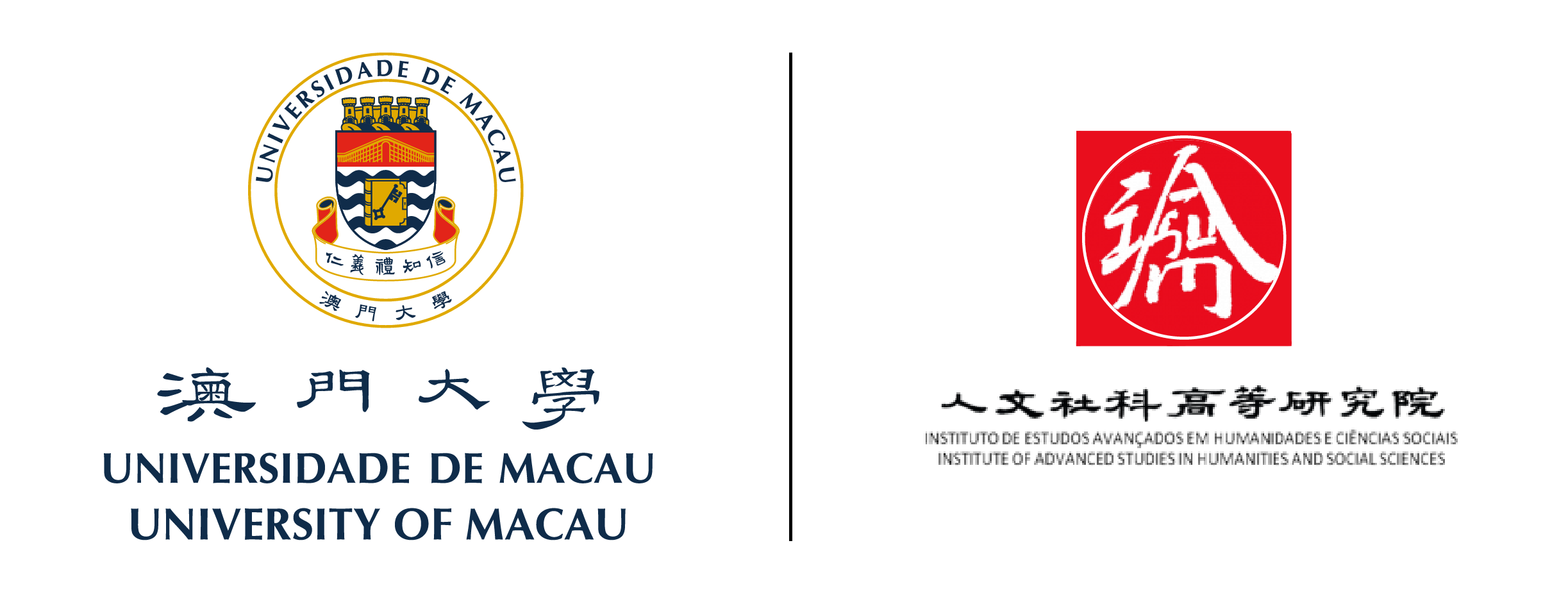The 3rd IAS Annual Conference, organized by the Institute of Advanced Studies in Humanities and Social Sciences (IAS) of the University of Macau, was successfully held on December 1-2, at the Auditorium of Wu Yee Sun Library. This year’s conference took “Technology and Life: Interdisciplinary Reflections” as its theme, inviting 30 experts and scholars in the field of humanities and social sciences from UM and abroad. Through an interdisciplinary lens, it focused discussions on the links between technology and life in the era of technological revolution. Over the two-day period, the conference attracted nearly 1,000 online and offline participants, including academics and students from renowned domestic and international institutions as well as representatives from various organizations, who engaged in insightful exchanges of views and perspectives, stimulating meaningful academic discourse and fruitfully promoting interdisciplinary collaboration.
During the opening ceremony, Professor Wei GE, Vice Rector (Research) of UM, noted that IAS has played a pivotal role in fostering interdisciplinary cooperation across different fields of the humanities through diverse academic activities such as roundtable discussions on ChatGPT, interdisciplinary Ph.D. forum in the Guangdong-Hong Kong-Macao Greater Bay Area, and joint seminars with ZUMRI in Hengqin, thereby driving in-depth contemplation and scholarly exchanges.
The conference featured two keynote speeches and seven panel discussions, inviting professors and experts from prominent higher education institutions and international organizations around the world, including the World Trade Organization, the Chinese Academy of Social Sciences, Tsinghua University, Fudan University, Nanjing University, China University of Political Science and Law, Douyin Group, Bond University, Shanxi University, Hubei University, The Hong Kong Polytechnic University, City University of Hong Kong, and the United Nations University Institute in Macau. Through aggregating perspectives from both internal and external scholars, the conference not only introduced views from various academic fields and regions to a broad audience of students and academia, but also provided a platform for UM faculty members and IAS research fellows to engage in profound exchanges with leading scholars to widen their international horizons.
Adopting “Technology and Life” as its focal point, the conference discussed topics spanning AI governance, humanistic reflections, intellectual property, public health, and philosophical reflections. IAS aims to explore how technology interconnects, integrates and coexists with people’s lives in an era of evolving information and technologies, as well as reflect on the implications, opportunities and challenges brought by technology to determine or regulate its capabilities and limitations, shaping a balanced space for humanity and science/technology to thrive together.
The Annual Conference has been a signature event of IAS, providing a platform for scholarly exchanges and dialogues, as well as probing emerging research frontiers and broadening international perspectives. In the future, IAS will keep up with latest research trends and organize more quality academic activities.







